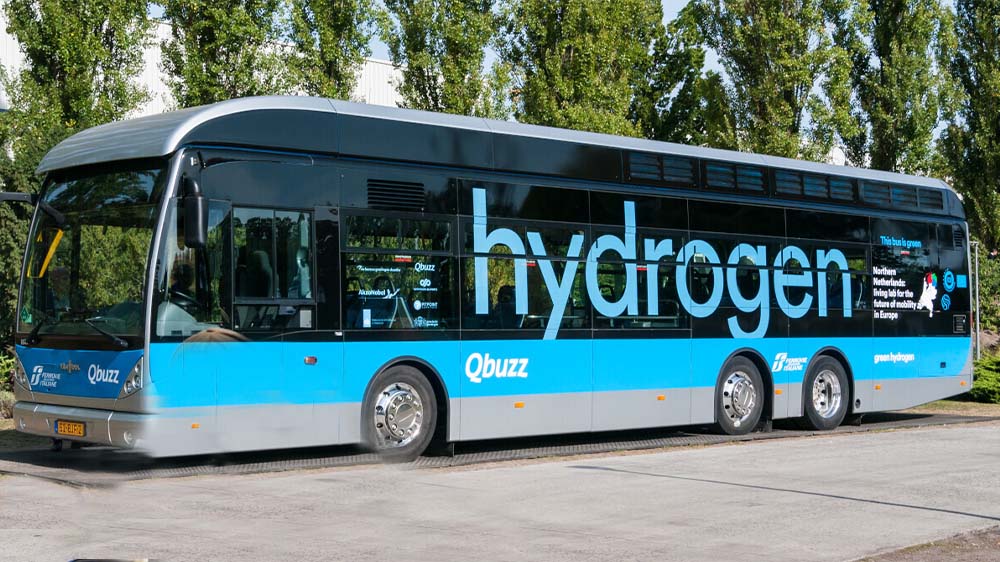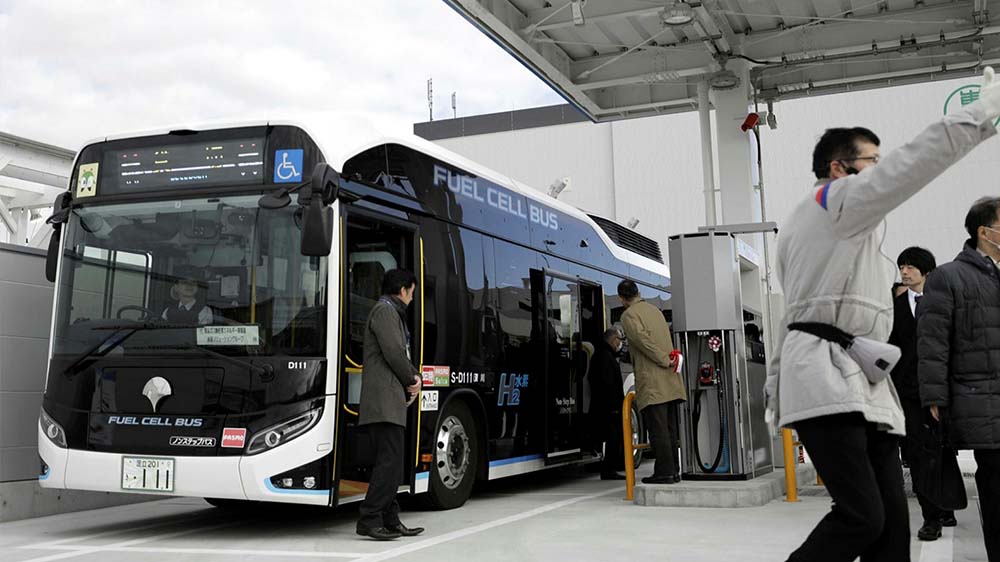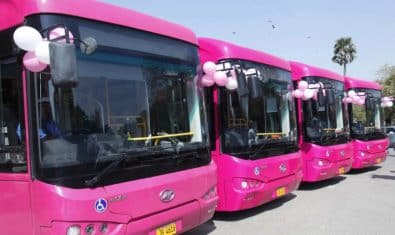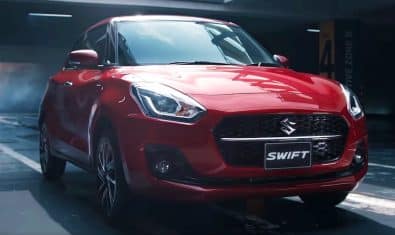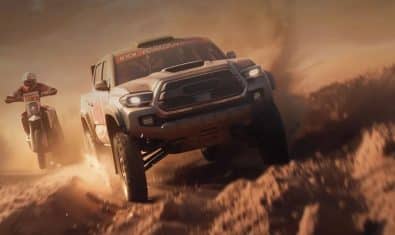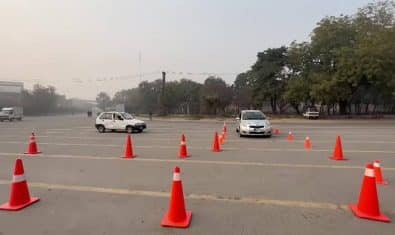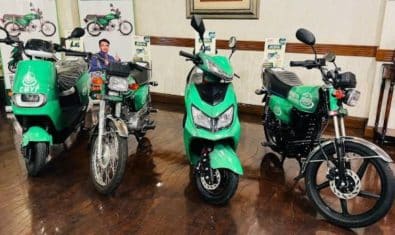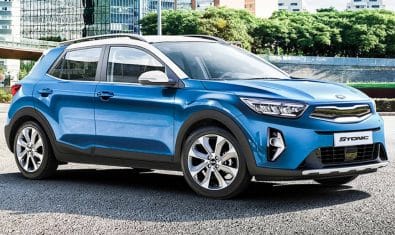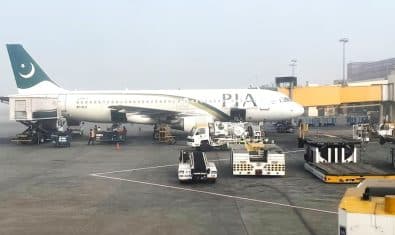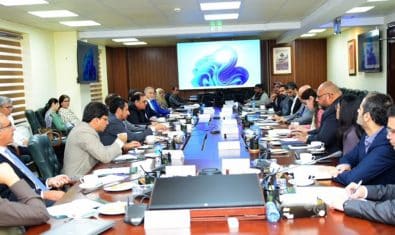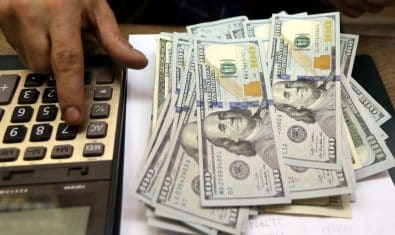The 2022 Beijing Olympics are the first Olympic event to achieve carbon neutrality when it opened on 4 February. It has more than 1,000 hydrogen and fuel cell vehicles in service, with over 30 hydrogen refueling stations, making it the world’s largest demonstration of the technology.
As per the Beijing Winter Olympics Organizing Committee, 816 commercial cars were provided by manufacturers such as Beiqi Foton Motor and Geely’s commercial vehicle brand, Farizon.
Farizon has reportedly provided the event with 80 Interstellar Hydrogen Fuel Cell Bus C12Fs besides a full-time on-site support team comprising R&D engineers, service engineers, and supply chain engineers for efficient vehicle operations.
Toyota has also supplied the event with 140 second-generation Mirai hydrogen fuel cell vehicles. This is the first time that the second-generation Mirai has been used on a larger scale in China, and 212 of these 515 buses are equipped with the Toyota hydrogen fuel cell system that was developed as a joint venture between Toyota, the BAIC Group, and SinoHytec — a Chinese firm that focuses on hydrogen fuel cell engine research, development, and industrialization.
The hydrogen fuel cell vehicles also included trucks. The 4.5T hydrogen fuel cell logistic trucks provided by Zhilan Automobile were specially designed for the Beijing Olympics. Sinotruk has also provided the Chinese Olympic team with the first hydrogen fuel cell truck equipped with a trailer for waxing snowboards.
Hydrogen-Powered Vehicles to Replace Diesel Vehicles
Hydrogen will play a part in the transition to clean energy and carbon neutrality in the future. The linkage will be similar to that of today’s gasoline and diesel-engined vehicles, where gasoline is generally utilized for mass passenger automobiles and diesel is mainly used in the commercial and heavy vehicle segments.
Honda’s CEO, Toshihiro Mibe, also confirmed that the majority of the upcoming mass-produced passenger and compact vehicles will be electric, and hydrogen will be used for long-range commercial and heavy vehicles. However, hydrogen fuel cells will differ from proper hydrogen combustion to power automobiles, which Toyota has been testing recently.
From three hydrogen fuel cell vehicles at the 2008 Beijing Olympics to 196 hydrogen fuel cell vehicles at the 2010 Shanghai World Expo, China has certainly come a long way to the 2022 Beijing Olympics that has more than 1,000 hydrogen fuel cell vehicles.
These hydrogen fuel cell vehicles will be used to serve the public in Beijing and Hebei through various public transportation systems after the Olympics, and the popularity of hydrogen-fueled buses in China is likely to rise after the ongoing demonstration. Moreover, 16 provinces and cities, including Beijing, Shandong, Hebei, Tianjin, Sichuan, Zhejiang, and Ningxia, have already planned hydrogen energy development plans, and China’s hydrogen fuel cell car fleet is predicted to grow from 7,352 in 2020 to 100,000 in 2025.
According to the China Hydrogen Energy Industry Development Report in 2020, the market for hydrogen fuel cell vehicles is predicted to reach 80 billion RMB ($12 billion USD) by 2025.
